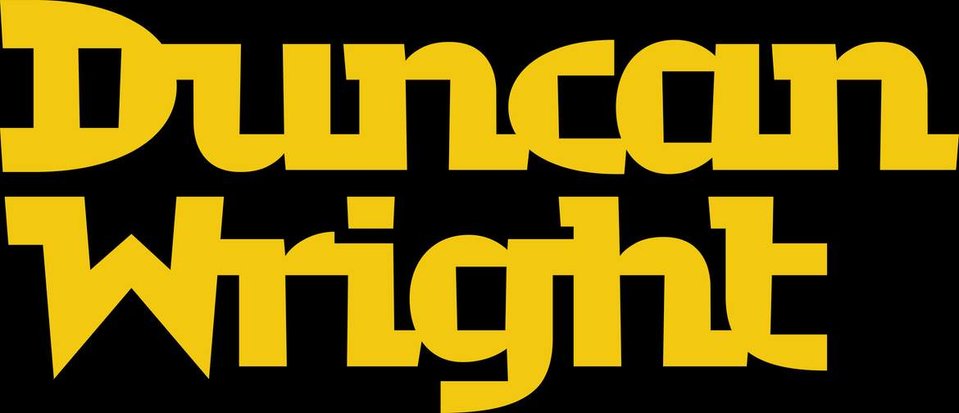After First Contact
Article originally published in - Semi Decent Issue #24 - 14 Dec 2016
Last week SBS gave us the three-night special called ‘First Contact’, yet another example of reality TV to entertain the middle-class couch-consolers and bed-bingers. Well known presenter Ray Martin and crew attempted to give a view of life in extremely remote and disadvantaged Aboriginal communities.
So, what is it like to be an Aboriginal person? Six Australian celebrities were taken out of their ‘comfort zone’ and thrown into remote communities and towns where the plight of Aboriginal Australia is on show, first hand and in your face. But the question was not answered.
I lived in a remote community for most of this year. My issue with the SBS program is that all it showed were the same old problems we see over and over: in our cities, and in our volatile, disadvantaged and misunderstood regions. It showed issues we mainstream Australians have created, juxtaposed against a romanticised ‘noble savage’ that many think about whenever Aboriginal people are mentioned, straight from a tourism campaign.
Our worry about our first world entitlement makes us desperate to try to help and change Aboriginal Australia. But our desperation to doesn’t seem to work. What’s wrong?
The problem is that without serious thinking about the root causes of the problems faced by Aboriginal people we end up creating bandaid solutions. These make it worse in the long run for Aboriginal people. We need to remember that Aboriginal People are just that, people. They are just like you and me: except that they have a huge amount of immensely significant culture, great respect for the land and the people it has sustained for 50,000 years and counting. We mainstream Australians just haven’t been around long enough to grasp this.
Aboriginal People have been put in an extremely tough position, first by our colonialism, then our nationalism, and a racist notion that ‘white is best’ that resulted in the Stolen Generations.
The sad story continues even though we mainstream ‘progressive’ types wring our hands and lament the poverty that treating people so badly has produced. It even brought Pauline Hanson’s old partner to tears!
First Contact would have done better to show the general human nature of Aboriginal people; how remarkable, friendly and tolerant most Aboriginal people are; their resilience, living in such tough but beautiful areas. Instead we got quasi-romanticized poverty-porn. By entertaining us with poverty-porn, all they are showing is a saturated version of what we see everyday. The impoverished Aborigine is a cliché that is dulling our sensitivity to an issue that goes to the core of what Australia is.
If we really want to start to close the gap, actually create change, we need to educate ourselves. Mainstream first-world Australia are the people who need to change and change can only happen through honest understanding. Shows like First Contact don’t help when they show the drug, alcohol, mental health, and housing issues which are so rampant in Aboriginal Australia. Yes, they are real but they are issues created by our lack of regard. We need to explore our deep history.
Our exploration needs to start with education. We should have Australian history units in primary and high schools that focus less on white settlement and more on the 50,000 years before Captain Cook spent a week at Botany Bay. Aboriginal people survived through periodsof massive climate change, sea level rises and falls. They kept their cultures strong and devised more than 250 languages. They survived the impact of our ancestors with their disease and bullets and badly placed intentions. As for labour history, the Pilbara stockman’s strike is as good an example you’ll find. The Indigenous stockmen and their families all walked off the job in unison right across the Pilbara stations on the 1st of May 1946. Then they set up their own communities by hard work, scratching for tin and pearl shell, and developing great pride in their capacity to give the middle finger to middle Australia. Then came Vincent Lingiari and land rights, Charles Perkins and the Freedom Ride, Eddie Mabo and native title. There is a great deal to learn.
Aboriginal people are just people. They have incredibly interesting histories and backgrounds of which they are immensely proud. Yes, many live in poverty because they have been dealt with very badly by the rest of us. But always portraying the poverty is not helping to build the bridges that we need. It’s going to take serious progressive thinking and generational change, but if we can do it we might start to change the way a lot of middle-class Australians think and finally start to close the gap.
Fremantle Council’s recent decision to change “Australia Day” to “One Day” might be an example of the kind of thinking we need. Yes, it is radical and yes, it is confronting to many, but sometimes these gestures work. They make a shift. We have seen enough of poverty, let’s look up to some real and fascinating people.
